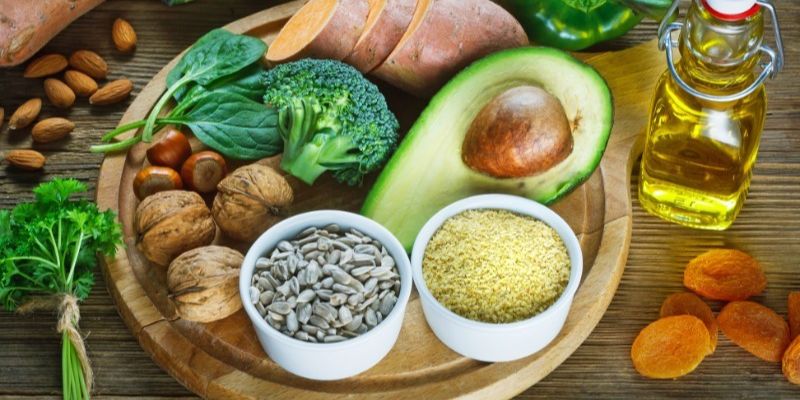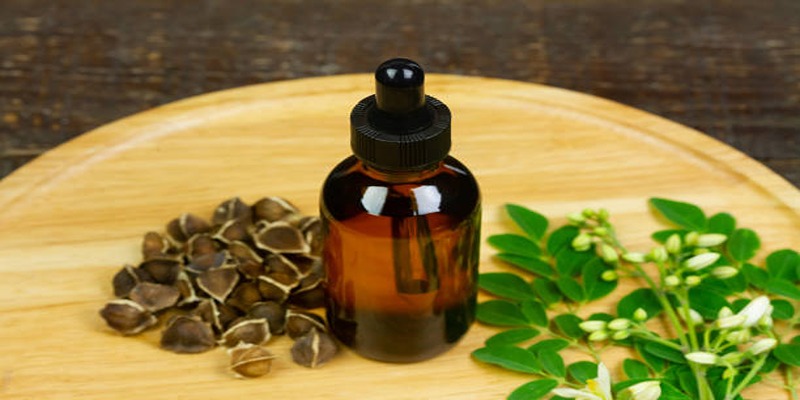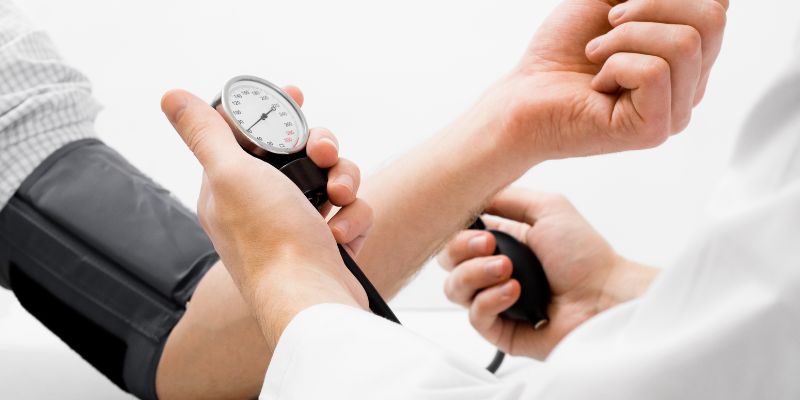Living with a peptic ulcer can be taxing and painful for those affected. Although medications can help relieve discomfort, diet modifications can also reduce symptoms.
Eating the right food is critical to allow your body’s natural defenses to heal and minimize irritation of an existing condition. We will discuss which foods you should avoid if you have a peptic ulcer to properly manage your condition and live optimally.
Peptic Ulcer
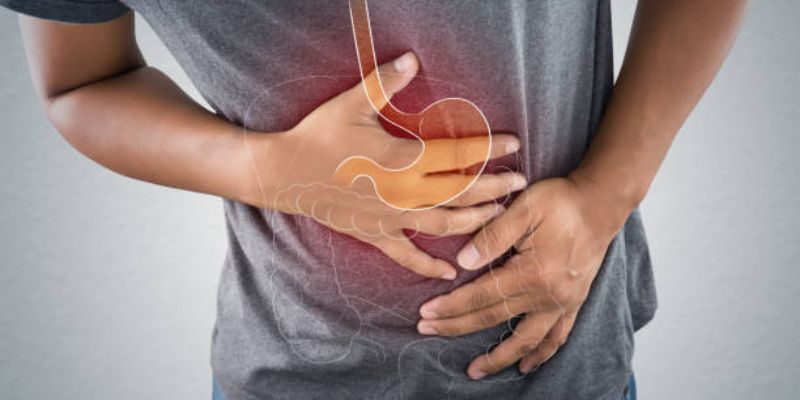
A peptic ulcer is an infection due to H. pylori or other acids that erodes the lining of your stomach, esophagus, and small intestine. It causes abdominal pain, nausea, frequent heartburn or acid reflux, and vomiting.
Foods To Avoid With Peptic Ulcer
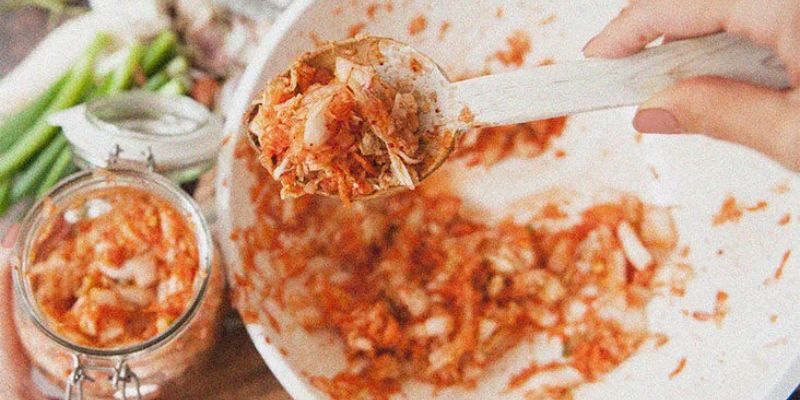
Spicy foods
Hot and spicy dishes can significantly worsen symptoms by increasing the digestive juices in the stomach. They also contain irritants like chilies which can further aggravate existing sores and lesions in your gastrointestinal tract.
Avoid hot peppers, cayenne pepper, chili powder, garlic powder, jalapenos, and other spicy items from your diet if you have a peptic ulcer.
Citrus fruits
The acidic content of oranges, lemons, limes, and grapefruits can further irritate the ulcer. Acidic foods like tomatoes and tomato-based products should also be avoided due to their high acidity levels.
Alcohol
Consuming large amounts of alcohol can worsen symptoms by increasing stomach acid production. It can also reduce the effectiveness of certain peptic ulcer medications. Avoid alcohol consumption if you have a peptic ulcer, or limit it to small amounts occasionally.
Processed meats
Processed meats are known to contain additives that can increase your risk of developing an ulcer in the first place. Moreover, they often contain preservatives and other chemicals that can worsen ulcer symptoms. Avoid bacon, ham, sausage, salami, and other heavily processed meats.
Chocolate
Chocolate contains substances such as caffeine and theobromine which can stimulate your stomach to produce more acidity and aggravate an existing peptic ulcer. It is best to avoid chocolate altogether or consume it in small amounts occasionally to minimize irritation.
Fried foods
Fried foods are high in fat content and can trigger the production of stomach acid, worsening existing symptoms. They are difficult to digest, making them a poor choice for those with a peptic ulcer. Avoid fried chicken, french fries, potato chips, and other greasy food items.
Coffee
Caffeinated beverages like coffee, tea, and soda can aggravate ulcer symptoms and increase the pain and discomfort associated with this condition. If possible, switch to decaf or herbal teas as an alternative.
Dairy products
Dairy products such as milk, cheese, yogurt, and ice cream are high in fat content, which can worsen symptoms of a peptic ulcer. Opt for low-fat dairy alternatives to minimize irritation and avoid full-fat versions altogether.
High fiber foods
Foods high in fiber, like nuts, seeds, whole grains, beans, and legumes, should be avoided when suffering from a peptic ulcer. They can be difficult to digest for sensitive stomachs or gastrointestinal issues.
Refined sugars
Sugary foods and beverages like cookies, cakes, candy, and soda can increase stomach acid production and irritation of the ulcer. Avoid refined sugars or consume them in moderation if possible.
These are just some foods to avoid with a peptic ulcer to help manage your condition properly. Working closely with your doctor for diagnosis, treatment, and lifestyle changes that can improve your quality of life is important.
Eating nutritious meals, avoiding unhealthy foods, and getting enough rest contribute to overall health and wellness.
Foods to Eat With a Peptic Ulcer
When living with a peptic ulcer, it is important to maintain a healthy diet. Eating the right foods can help manage symptoms and allow your body’s natural defenses to heal and minimize irritation of an existing condition. Here are some recommended foods to eat if you have a peptic ulcer:
High-fiber fruits and vegetables
Fruits and vegetables are low in fat and contain high levels of fiber, which helps promote digestion and reduce inflammation in the digestive tract. Choose nutrient-rich options like apples, bananas, spinach, bell peppers, broccoli, kale, squash, and potatoes.
Lean proteins
Low-fat proteins such as fish, lentils, chicken breasts, and eggs are high in nutrients and easy to digest. They can help promote the healing of the ulcer and reduce inflammation.
Whole grains
Whole grains like brown rice, quinoa, oatmeal, and wheat bread are excellent sources of fiber and minerals. Eating these foods regularly is important to maintain a healthy digestive system.
Herbal teas
Herbal teas such as chamomile, peppermint, ginger, or licorice root contain antioxidants that can reduce inflammation in the stomach lining. Enjoy a cup daily for added benefits.
Fermented dairy
Fermented dairy products such as kefir or natural yogurt may help protect against ulcers because they contain probiotics that can strengthen the stomach lining.
Healthy fats
Certain healthy fats such as olive oil, avocado, nuts, and seeds can help reduce inflammation in the gastrointestinal tract. They are also rich in fiber and vitamins, which promote better digestion.
Bone Broth
Bone broth is a soup made from simmering bones and connective tissues in water for several hours. This broth is high in collagen, which helps maintain the digestive tract's health and can help heal an existing ulcer.
Following these guidelines for eating foods with a peptic ulcer can minimize symptoms while nourishing your body with the essential nutrients needed for optimal health. Talk to your healthcare provider about other lifestyle changes that may benefit you if you have a peptic ulcer.
How to Eat With a Peptic Ulcer
In addition to avoiding certain foods with a peptic ulcer, following healthy eating habits is important. Eating smaller meals throughout the day helps reduce the amount of stomach acid produced and prevents irritation of an existing ulcer.
Avoid eating late at night as well, which can increase the production of stomach acid and worsen symptoms. Avoid large gaps between meals; aim for no more than three hours between meals or snacks.
Be aware of how much you are eating in each sitting. Overeating can put pressure on your digestive system, which can trigger the production of excess stomach acid and worsen symptoms. Eating until you feel comfortably full rather than overly stuffed is best.
Drink plenty of water throughout the day to help keep your body hydrated and properly digest. Avoid carbonated beverages, caffeinated drinks, and alcohol, as these can irritate an existing ulcer.
FAQS
What fruits help ulcers heal?
Some fruits that can help heal ulcers include bananas, apples, blueberries, pears, and oranges. These fruits are high in fiber and low in acidic content, making them easier to digest and better tolerated by those with a peptic ulcer.
What is the fastest way to cure a stomach ulcer?
The fastest way to cure a stomach ulcer is to practice proper diet and lifestyle changes to reduce irritation and promote healing. Avoiding foods that can worsen symptoms, eating smaller meals throughout the day, drinking plenty of water, and getting regular rest are all important steps in recovering from a peptic ulcer. Taking medications prescribed by your healthcare provider can also help manage pain and discomfort.
What are the 3 main causes of ulcers?
The three main causes of ulcers are bacteria, certain medications, and stress. Bacterial infections such as Helicobacter pylori can cause inflammation in the stomach lining and lead to peptic ulcers. Certain medications like aspirin or ibuprofen can irritate the stomach lining and cause an ulcer.
Stress has been linked to increased stomach acid production, which can irritate an existing ulcer and worsen symptoms.
Conclusion
People with peptic ulcers should be mindful of the foods they consume and avoid those that could contribute to intensifying the ulcer symptoms, such as spicy foods, acidic foods, alcohol, etc. Taking care of oneself with adequate nutrition while avoiding any food that could risk one's health is essential, especially for individuals with peptic ulcers and other digestive issues. On the same note, if someone experiences symptoms that may be associated with an ulcer disorder, they should speak with their physician immediately to receive a proper diagnosis and treatment.
